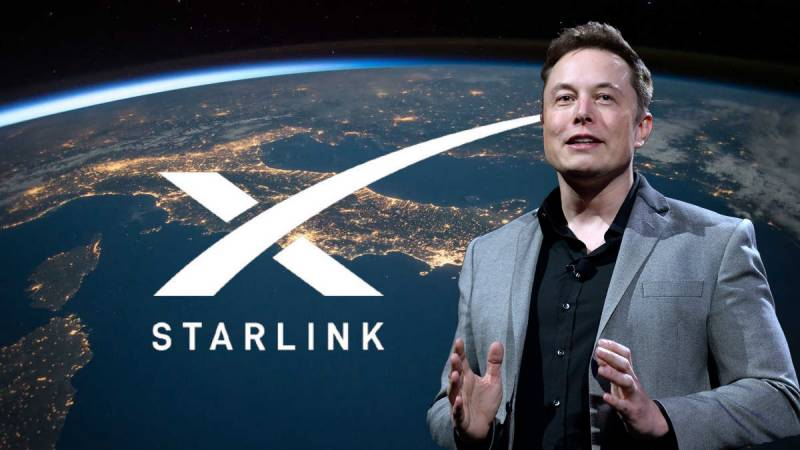Nigeria may sanction Elon Musk’s Starlink for increasing internet tariff without approval
The Nigerian Communications Commission (NCC) has said it hinted that Elon Musk’s internet company, Starlink, may be sanctioned for increasing its internet subscription price in Nigeria without approval from the country’s telecommunications regulator. An online publication, Nairametrics, reported on Sunday that the country’s telecommunications stakeholders had accused the telecom regulator of double standard for allowing […]

The Nigerian Communications Commission (NCC) has said it hinted that Elon Musk’s internet company, Starlink, may be sanctioned for increasing its internet subscription price in Nigeria without approval from the country’s telecommunications regulator.
An online publication, Nairametrics, reported on Sunday that the country’s telecommunications stakeholders had accused the telecom regulator of double standard for allowing the price increment while disallowing local telecom operators from increasing their tariffs.
But yesterday, the NCC, in response to Nairametrics’ inquiry on the matter, said it did not approve Starlink’s price increment.
The Commission’s Director of Public Affairs, Dr. Reuben Muoka, said Starlink’s action contravened Sections 108 and 111 of the Nigerian Communications Act, 2003, and its license conditions regarding tariffs.
Muoka said the telecom regulator was also surprised by the price increment implemented by Starlink.
“The decision by Starlink to unilaterally review their subscription packages upwards did not receive the approval of the Nigerian Communications Commission.
“We were surprised that the company jumped the gun by announcing price changes after filing a request to the Commission seeking approval for price adjustment for which the Commission was yet to communicate a decision.
“The action of the company appears to be a contravention of Sections 108 and 111 of the Nigerian Communications Act, 2003, and Starlink’s License Conditions regarding tariffs.
“The Commission will therefore take appropriate enforcement measures against any action by a licensee that is capable of eroding the regulatory stability of the telecommunications industry,” the DPA told Nairametrics.
Daily Trust reports that Section 108 of the Nigerian Communications Act 2003 (NCA) gives NCC the authority to regulate telecom tariffs.
The Act stipulates that no NCC licensee can charge for services until the NCC approves the tariff rates and charges.
“Holders of individual licences shall not impose any tariff or charges for the provision of any service until the Commission has approved such tariff rates and charges except as otherwise provided in this Part,” it stated.
Section 111 of the Act also states the Commission shall prescribe and enforce appropriate financial penalties upon any holder of an individual licence who exceeds the tariff rates duly approved by the NCC for the provision of any of its services, notwithstanding any other provision of the law.
Starlink last week increased monthly subscription for its internet service in Nigeria by 97% from N38,000 to N75,000.
For new users, the company also increased the Starlink kits (hardware) by 34% from N440,000 to N590,000.
The company in a message to its customers in Nigeria cited “excessive inflation” as the reason for the increment.
Daily Trust reports that the local operators had been clamouring for tariff increase because of inflation which has affected operation costs.
According to the operators, the telecom industry is the only industry that has not reviewed its prices despite the rising inflation in the country and the high operating costs that warrant increment.
The Federal Government has been dismissing the calls by the operators, urging them to explore innovative solutions to counter inflationary pressures and high operating costs.
